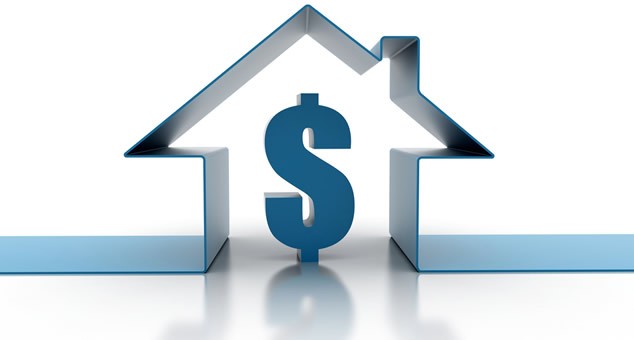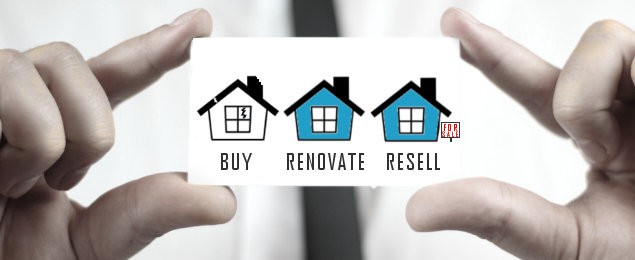Flipping Homes
Post on: 15 Май, 2015 No Comment

Flipping homes, whether it’s for wholesale or retail, is a fast way to make a larger sum of money at one time, rather than smaller monthly cash flows. Many investors prefer flipping homes to long term buy and hold because they don’t like dealing with tenants. Other investors flip properties that won’t fit into their long term portfolios. Whatever your reasons, flipping homes is a great way to put cash in your pocket.
Flipping Homes For The Wholesale Market
Wholesaling, by its nature, is flipping homes. A wholesaler finds a property and ties it up by putting it under contract and then “flips” or assigns his contract to another investor. This is one of the fastest ways to make money in real estate. Once you know your market and have scoped out good territories to work in, you can start a pipeline of properties that fit wholesaling parameters.
How do you determine those parameters? First, you need to know the price that a house will retail for. You want to work your figures using the low end of the retail sales price. Most of your buyers will be buy fix and flip investors who want to sell their properties as quickly as possible. Asking “retail retail” for a house slows down the sales process. Flip investors like to get in and out of properties quickly and if they can put a fair to low retail price on a property, they can turn it faster and get on to the next house.
The second thing you need to know is how to estimate fix up costs. Investors will do their own due diligence, of course, but you need to be able to walk through a property and judge what work needs to be done. With that in mind, talk to people and find out what a new roof costs in your area. Walk the aisles of Home Depot and local appliance stores so you have an idea of current prices. You don’t need to know down to the penny what repairs will cost, but you will need to be able to give a solid ball park estimate.
Next, talk to investors about how much they like to make on a property they rehab and sell. You need to make sure there’s enough money in the deal for the investor to make his profit.
From there, take the retail price, subtract the repair costs, closing costs on both ends, the investor’s profit and your assignment fee. That will give you the maximum amount that you can pay for a property. You want to start negotiating at a price substantially below that number.
Flipping Homes for the Retail Market
All that homework you just did for wholesaling properties comes into play here, too. The difference is that you are now in the investor’s seat so you don’t need to work in your assignment fee.
One of the most overlooked costs when you are figuring what to pay for a property is holding costs. When you are flipping homes for the retail market, you want to factor in a minimum of three months of holding costs and, if sales are slow in your area, at least six months. If you sell the property sooner, that’s more profit in your pocket.

Flipping homes for the retail market gives you a broader base of buyers than wholesaling but they are, for the most part, one-time buyers. When you are wholesaling, you may be working with investors who buy anywhere from one or two houses a year or one or two houses a month. Retail buyers tend to stay in their homes an average of five years, so the repeat business isn’t there for you. However, those buyers can be a great referral source for you.
Restrictions On Flipping Homes
You may have heard that there restrictions on how quickly you can re-sell a property. If you are wholesaling properties, this isn’t really a problem because most of the time you will be assigning your contract rather than closing on a property and then turning around and selling it to an investor. However, it can come into play on the retail side. Some lenders are adding clauses to their deeds that say you agree not to re-sell a property for anywhere from 30 days to 6 months. You have the right to review the documents 72 hours before the closing. Look over your paperwork carefully. If you find a restriction is in the deed, contact the title company and lender and have them take that clause out.
FHA had restrictions on how quickly an investor could re-sell a property but they have waived those restrictions on a regular basis. They understand that it is better to get a property sold, even if the next guy is going to make a profit. Banks are a little slower to learn this.
Whether you are wholesaling or retailing, flipping houses to quickly generate an income is still a viable method of creating a very comfortable income in a short period of time.














